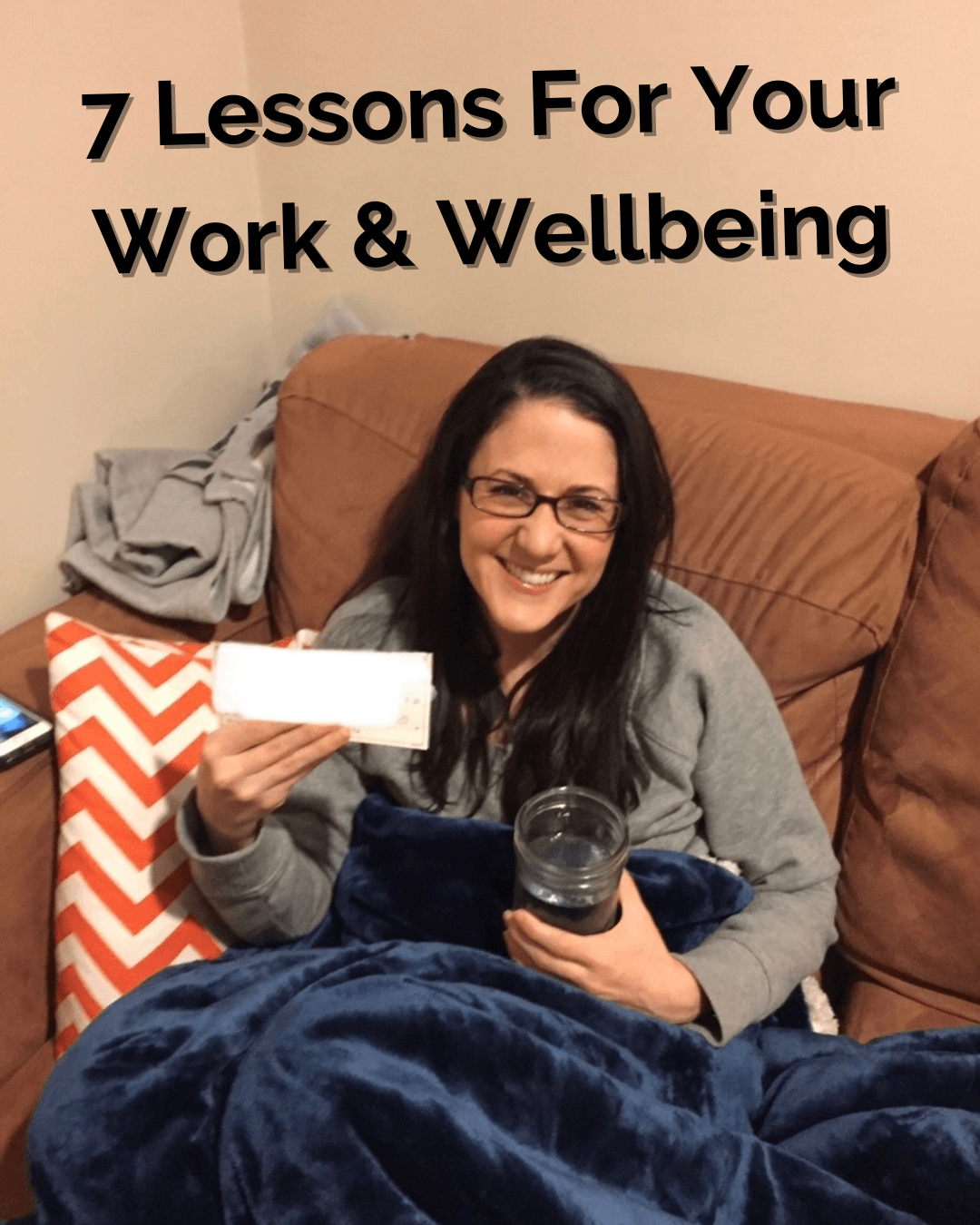Lesson 3: Mental health is physical health
That same season, Ted’s panic attacks are made public. He leans in and takes the opportunity to speak with the press about the importance of mental health and reducing the stigma around when people struggle.
This is another big lesson many organizations have learned over the last few years.
With rates of anxiety and depression rising 25% globally over the last 2 years, facilitating a culture where employees feel safe, supported, and able to access the resources they need to restore their mental health is critical.
What support tools does your organization have and how are those communicated to employees? In terms of prevention, what programming and tools are provided to employees to support their physical, mental, and emotional health, as we know they are all connected?
Lesson 4: We can’t control how others act, but we can control how we respond and model the behavior we’d like to see
This lesson is a core tenant in meditation and mindfulness practices, and it plays out on the Ted Lasso screen time and time again.
Ted appears, at times, impervious to the harsh words from AFC Richmond fans and the press. He repeatedly responds to criticism and negative energy with his trademark optimism and one-liners.
If you’re in a workplace where you’re dealing with a difficult colleague/culture, one way to keep yourself grounded is to embody this mindset.
But what about applying this same notion to create a healthier workplace?
We know by now that company culture is contagious – which is great when it’s a healthy and positive one, and not so beneficial when it’s a culture of burnout and toxicity. Given this, we want to be mindful of what we’re “spreading” and how our behaviors contribute to these cultures.
For leaders, it is even more important, as tone trickles down. For example, let’s take this scenario:
Leaders encourage employees to take their vacation days and really disconnect (to reduce stress, prevent burnout, and aim for more work life harmony), BUT when they themselves are out of the office, they’re still attending meetings and responding to emails.
That mixed message has a powerful impact on an employees' ability to trust that it’s okay to truly disconnect.
If trying to create a healthier workplace, leadership needs to “walk the talk” and be offline, otherwise the status quo will remain. And while we can’t make an employee really disconnect when they’re on vacation, we can model that it’s not only acceptable but encouraged behavior… and that may make all the difference.
Lesson 5: No matter our job title, there is always more to learn and more ways to grow
In Season 1, Ted relied on “kit man” Nate (a colleague typically ignored by many, and in an organizational chart, a “lower-ranked” employee) for an important idea that impacted the whole team. Ted’s ability to not only be open to feedback and ideas from others, but also his active solicitation of it is a great example to follow.
A healthy workplace is one where we recognize that all people can add value, not just the highest ranked employees.
Whether formally, through things like 360 reviews, or informally, through the way we treat one another in everyday interactions, how does your organization embody this simple yet powerful principle?
I hope these Lasso Lessons inspire you to explore ways you can integrate more wellness into your workday to create a culture where employees feel valued.
Want to learn more about how I support companies in creating wellness programming with this mission in mind?





